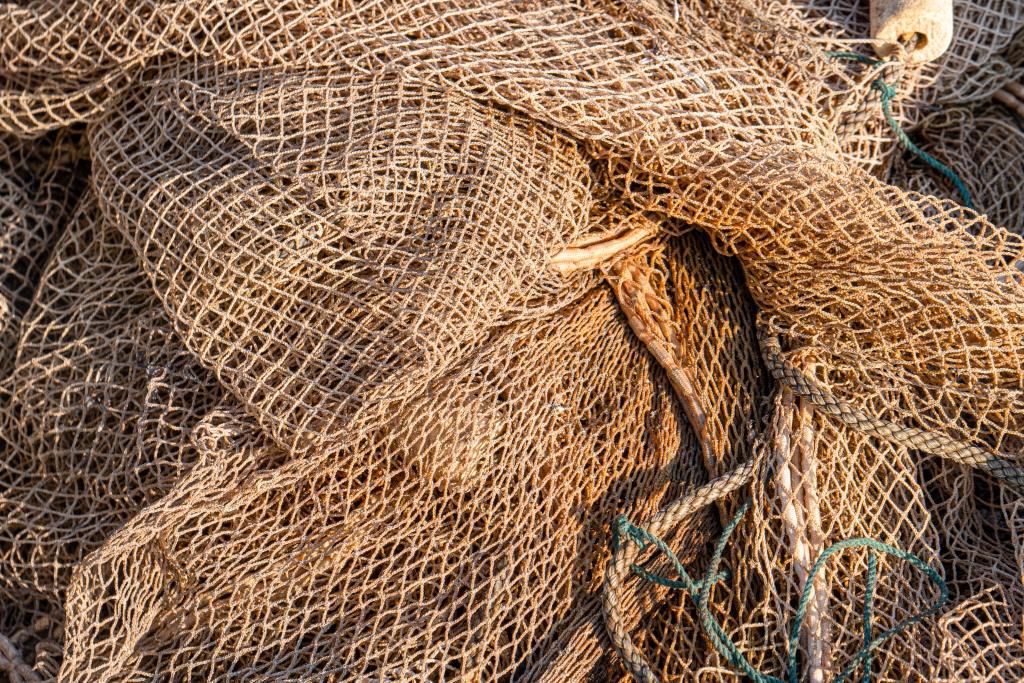Angling, conservation organizations given to Jan. 20 to file objections to proposed Great Lakes Consent Decree

A coalition of conservation and angling organizations opposing a proposed Great Lakes Consent Decree has until January 20 to file formal objections with the court.
The Coalition to Protect Michigan Resources (CPMR) has been recognized as an amicus curiae, or friend of the court, in past iterations of the decree. In July, CPMR filed a motion to intervene and join the negotiations as a full party, which was denied and appealed — that matter is still pending before the Sixth Circuit Court of Appeals.
The State of Michigan (including the Michigan Department of Natural Resources, who led the state’s negotiating team), the United States of America and four of the five sovereign Tribes, excluding the Sault Ste. Marie Tribe of Chippewa Indians, submitted a proposed successor decree in mid-December. After objections are submitted, the parties to the decree will have 45 days to respond.
The proposed successor decree expands gill net usage by tens of thousands of feet of effort daily in waters that have not had gill nets in about 45 years, said CPMR President Tony Radjenovich.
“Despite the biological consequences, the State of Michigan and DNR have plowed forward in striking a deal that places our fisheries, communities, livelihoods and conservation principles in jeopardy,” Radjenovich said. “Repeating history is insanity, and we have seen what happens when fish are targeted in vulnerable locations with gill nets.”
These waters include grids in East and West bays of Grand Traverse Bay, Little Traverse Bay, waters near port cities like Ludington, Manistee and Pentwater, Hammond Bay and a the only lake trout refuge in Lake Huron, and vast areas of Lake Superior, and big Bay De Noc.
In 2000, all parties of the decree agreed that lethal, non-selective gill nets were inhibiting the rehabilitation of lake trout and that biology showed more selective trap nets would help the species recover.
The 2000 Trap Net Conversion Program spent $14 M of taxpayer money to buy gill nets from the Tribes and help replace them with trap net operations. This buyout resulted in a substantial decrease in Tribal gill net fishing and the recovery of lake trout stocks in Lake Superior, extensive wild reproduction in northern Lake Huron and encouraging indications of wild production in southern Lake Michigan.
The conversion also made possible a more balanced harvest of lake trout between the recreational and commercial fisheries.
Whitefish populations were last this devastated in the wake of sea lamprey invasion and overfishing during the 1940s and 1950s when commercial fishers fished out the declining whitefish and lake trout by increasing gillnet fishing. As fish populations plummeted, they set more gillnet to compensate for their shrinking income. If catch rates declined by half in one year, they would set twice as many feet of net the next year, and this went on until the whitefish and lake trout fisheries became economically extinct.
Sault Tribe Implications
In mid-December, the Sault Tribe filed a motion to be excluded from any new decree and announced its intent to self-regulate — meaning that the shared regulatory framework that provided a roughly 50-50 share of the fishery in the 2000 Great Lakes Consent Decree would be unlikely.
The Sault Tribe is the largest Tribal commercial fishing operation, with more fishers and feet of net than all the other Tribes combined.
The Sault Tribe has filed objections to the proposed Great Lakes Consent Decree, claiming first that the judge had no authority to extend the 2000 decree and second that the Tribe has no obligation to consent to another sovereign nation’s laws.
What’s next?
The coalition and its legal team are currently preparing objections to the proposed successor decree.
There is a long road ahead and CPMR is the only organization that is working on behalf of Michigan’s recreational anglers and the communities they support, Radenjovich said.
“We will continue to put forth and fight for solutions based on good biology and a 50-50 shared fishery resource,” Radjenovich said. “Our coalition can not stand for the clock to be turned back, indiscriminate gill nets to be placed back in waters after almost 50 years and the almost certain collapse of our recreational fisheries.”
If you or your organization would like to support CPMR, please get in touch with Radjenovich at leelanautical@gmail.com or donate directly to the coalition’s PayPal account here: https://protectmiresources.com/donate/
The Coalition to Protect Michigan Resources is a 501c3 conservation nonprofit whose mission is to protect the recreational fishery and Great Lakes habitat. Its board comprises four voting member organizations, including Michigan United Conservation Clubs, the Michigan Charter Boat Association, the Michigan Salmon and Steelhead Fishers Association and Hammond Bay Area Anglers Association. There are also numerous organizations and individuals who support the coalition financially.

You must be logged in to post a comment.